Social Research with Qualitative Methods: New Titles from Sage
Interested in qualitative methodologies and methods?
Are you looking for a new text for a course you teach, or books to suggest to researchers you guide? Or are you ready to learn something new? New options from Sage include general qualitative design texts and more specific books about methodologies.
Looking for books about quantitative methods and statistics? Check out this list.
Use the code MSPACEQ223 for a 20% discount, valid until June 30, 2023.
Grounded Theory: A Practical Guide, Third Edition Melanie Birks, Jane Mills
The student-focused guide to grounded theory, this book takes you step by step through the whole research process, from creating a research proposal to sharing your findings. Clear, accessible and applied, this book will help you get to grips with the philosophy of grounded theory, understand the nuts and bolts of designing and carrying out your research project, and manage any hurdles along the way.
Research Design: Why Thinking About Design Matters by Julianne Cheek, Elise Øby
Designing research is about making decisions to transform an idea into a plan that can provide answers to a research problem or question. Thinking about, and then making these decisions results in the research design – the plan that will be followed to conduct the research and answer the question. This text engages in a dialogue with the reader, providing a serious but accessible introduction to research design, for use as a guide when designing your own research or when reading the research of others. Julianne Cheek and Elise Øby show that designing research is an iterative and reflexive process in which there is constant thinking through, and re-visiting of, decisions about that design as it develops.
The SAGE Handbook of Qualitative Research Sixth Edition by Norman K. Denzin, Yvonna S. Lincoln, Michael D. Giardina, Gaile S. Cannella
This new edition of the SAGE Handbook of Qualitative Research represents the sixth generation of the ongoing conversation about the discipline, practice, and conduct of qualitative inquiry. As with earlier editions, the Sixth Edition is virtually a new volume, with 27 of the 34 chapters representing new topics or approaches not seen in the previous edition, including intersectionality; critical disability research; postcolonial and decolonized knowledge; diffraction and intra-action; social media methodologies; thematic analysis, collaborative inquiry from the borderlands; qualitative inquiry and public health science; co-production and the politics of impact; publishing qualitative research; and academic survival. Authors in the Sixth Edition engage with questions of ontology and epistemology, the politics of the research act, the changing landscape of higher education, and the role qualitative researchers play in contributing to a more just, egalitarian society.
Researching Equality and Social Justice: A Guide For Education Students by Helena Gillespie
In order to successfully complete a research project on social issues, as part of your education or social science degree, you will need a confident understanding of often challenging and nuanced topics. This book provides an overview of how to approach researching issues relating to key social justice issues including: race, sex and gender, disability and mental health. It will help you to understand important concepts, how to avoid hidden biases and how to use appropriate terminology in each area. It combines this thematic approach with accessible guidance on the research process, from initial design and formulating your research question, through to data collection and analysis.
Qualitative Content Analysis: Methods, Practice and Software, Second Edition by Udo Kuckartz, Stefan Rädiker
Are you working with qualitative data but unsure how to approach your analysis? This hands-on guide to qualitative content analysis from two internationally renowned experts provides you with a clear strategy for analysing your data, whether you are working with social media content, field notes, images, narratives or focus group data. Using qualitative interviews as an example, the book provides a clear structure for approaching your analysis that can be adapted for your research project.
How to Do Critical Discourse Analysis A Multimodal Introduction, Second Edition by David Machin, Andrea Mayr
Want to use Critical Discourse Analysis, but not sure where to start? This book is the complete toolkit you need. Each chapter presents distinct concepts and ideas in Critical Discourse Analysis, explaining how to use them in your research – and why. Packed with case studies of news texts, social media content, memes, promotional videos, institutional documents, infographics and webpages, the book shows you how to apply each set of tools to real life examples.
Being Ethnographic: A Guide to the Theory and Practice of Ethnography, Third Edition by Raymond Madden
Being Ethnographic is a fundamental introductory guidebook to process and utilization of doing fieldwork within real-world settings. It explores our understanding of identities, the future of ethnography and the advancing role of technology in a global, networked society. The third edition of Being Ethnographic highlights the challenges introduced by the ethnographers' own interests, biases and ideologies and demonstrates the importance of methodological reflexivity.
Researching City Life: An Urban Field Methods Text Reader by Tyler Schafer, Michael Ian Borer
Researching City Life: An Urban Field Methods Text-Reader examines the city from a street level perspective and provides readers with tools to conduct research on urbanism—the everyday experiences of people in cities. Contending that culture is central to understanding urbanism, editors Tyler Schafer and Michael Ian Borer address qualitative research in cities and how it provides insights unable to be captured via quantitative methods. Carefully selected and edited readings cover participant observation, interviewing, narrative analysis, visual and sensory methods, and methods for (re)presenting the city. Each section includes an introduction from the editors, an original Reflection Essay from one of the authors included in the section, and exercises that prompt hands-on experience.


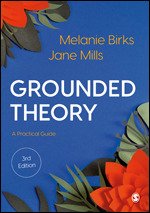
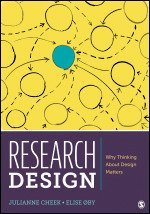
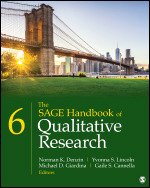
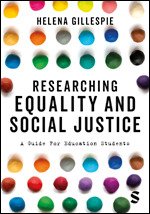
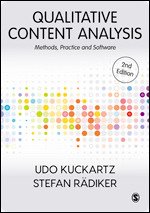
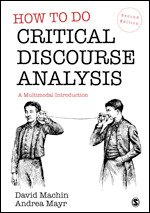
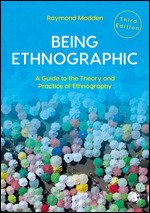
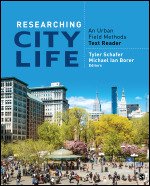
























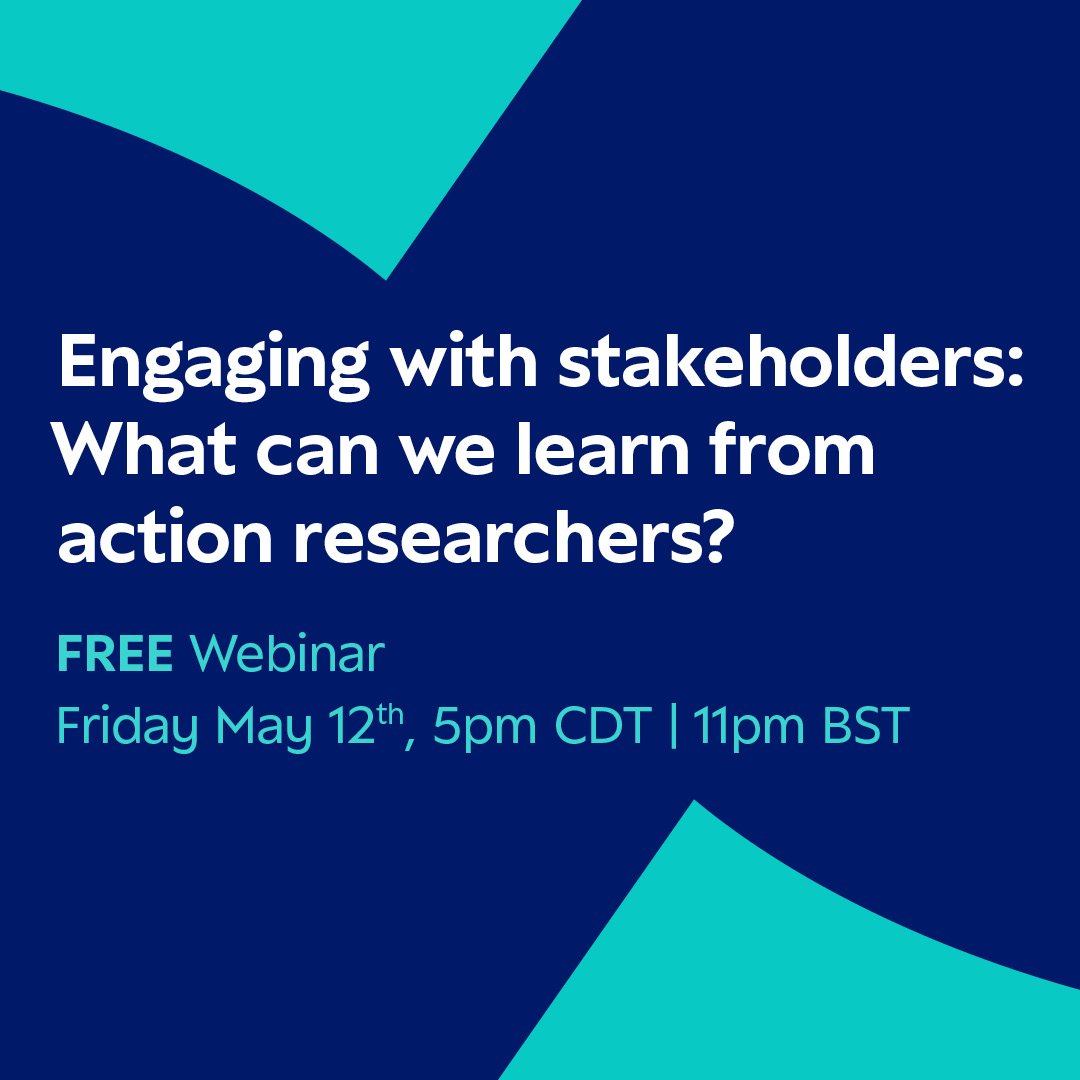



Dr. Stommel brings clarity to the messy world of data collection on social media.